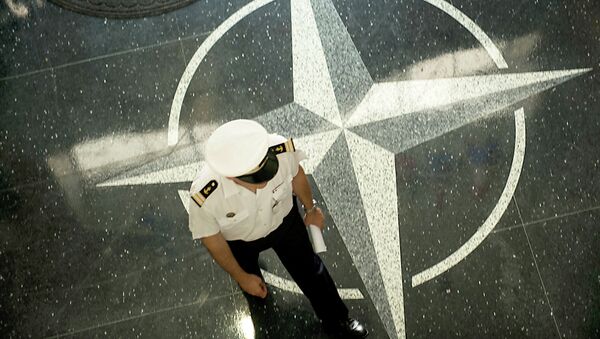Speaking to the Norwegian Armed Forces' Forum Magazine, PM Erna Solberg said that she believed the nature of a country's actual defenses was far more important than the money spent on military
"If I'm allowed to speak: I think the percentage goal is nonsense," she said.
"The aim of the NATO countries must be the greatest possible defense capability, not a percentage goal in itself."
The comments are the first time a NATO member state has criticized the call to increase defense spending following last year's NATO summit in Wales, where leaders agreed to increase or maintain defense spending at two percent of the country's GDP.
#Norway Prime Minister calls #NATO's 2% of GDP #defense spending target "nonsense." She's not alone in thinking that http://t.co/foenzXpIkg
— Robbie Gramer (@RobbieGramer) June 29, 2015
Norwegian defense minister Ine Eriksen Søreide already flagged the risk that it might not be able to meet the quota, describing the two percent goal as "very challenging" — with recent data suggesting the country will only contribute the equivalent of 1.6 percent of its GDP to defense.
Oslo Backtracking on Previous Commitment
Campaigners and activists have criticized NATO leaders for agreeing to such spending proposals in Wales, arguing that countries should be prioritizing their funds towards more essential services other than defense, given the economic strain facing many European countries.
#NATO #defence spending: Who's getting nervous? Compare 2014 figures/2015 estimates v @benimmo http://t.co/uNKQebgB54 pic.twitter.com/fQ3l1cYmE4
— Velina Tchakarova (@vtchakarova) June 24, 2015
Other critics have also argued that NATO officials have exaggerated the perceived threat of Russia in Europe as a means to encourage member states to pledge more towards defense spending.
Prime Minister Solberg's comments that NATO spending targets were "nonsense" also go against more recent rhetoric from Oslo, with the country earlier this month announcing that it would contribute to the alliance's missile defense system and work towards the two percent spending quota.
Cut to Defense Marks NATO-Wide Trend
Despite pledges by NATO states to try and meet spending targets, statistics have shown that many will not spend two percent on defense.
Official NATO Defence Spending Data Released http://t.co/Os7a9sZaBq
— The ELN (@theELN) June 22, 2015
A report published earlier this year by the European Leadership Network (ELN) predicted that six of the 14 NATO countries included in the study — including the UK and Germany — would cut defense spending in 2015, with Estonia the only country of the 14 expected to meet the two percent quota.
The ELN concluded that the UK's defense expenditure would drop from its current level of 2.07 percent of GDP to below the quota of 1.88 percent.
Europe's drop in defense spending is something thought to be worrying US officials, who already make up 75 percent of all NATO expenditure, and spend approximately 3.5 percent of their GDP on defense.


